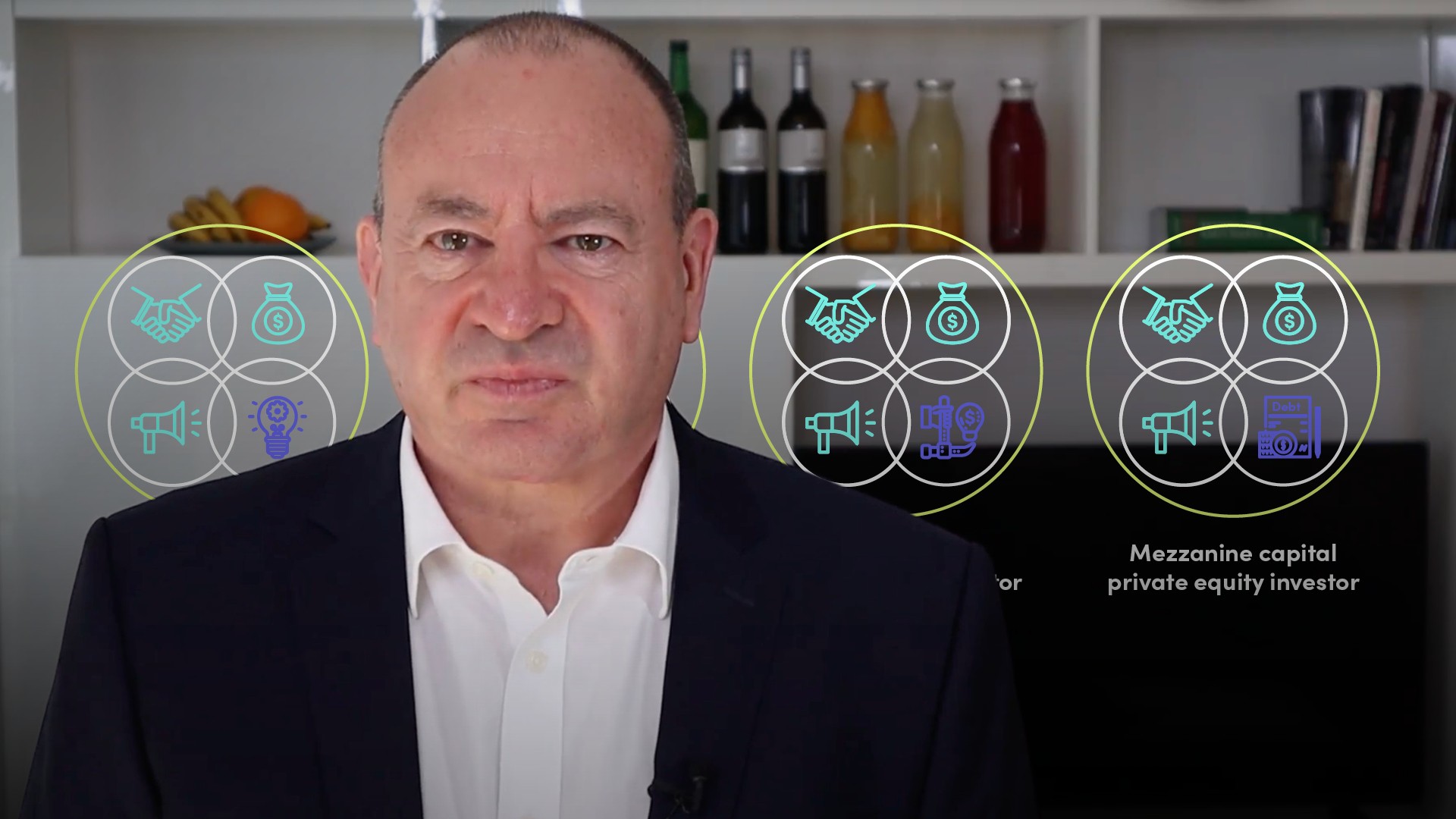
Working in Private Equity

Gavin Ryan
25 years: Private equity & banking
There are many attractive aspects of working in private equity. Gavin assists in offering his advice on how to get a private equity job by explaining the size and composition of the labour market, the profiles of private equity managers and candidates, and lists some ways to enhance your CV.
There are many attractive aspects of working in private equity. Gavin assists in offering his advice on how to get a private equity job by explaining the size and composition of the labour market, the profiles of private equity managers and candidates, and lists some ways to enhance your CV.

Working in Private Equity
19 mins 25 secs
Key learning objectives:
Outline the size and composition of the labour market
Identify the profiles of PE managers and candidates
Understand how to boost your CV
Overview:
Private Equity (PE) is a very sought after profession and the number of available positions is very limited. One of the typical ways to enter the market is to raise a private equity fund, having acquired previous experience in another field. Securing a job in PE for younger professionals involves laying groundwork years ahead of time.
What is the size and composition of the labour market?
There are about eight thousand private equity firms. There are a few global mega firms; but most firms are so called mid cap firms, which might have some ten, twenty, thirty people. The eight thousand general partners (GPs) probably employ some one hundred thousand people, to that we add the teams at the limited partners (LPs), which gets us to one hundred and twenty thousand or so. This results in some five thousand vacancies a year, excluding service providers.What are the profiles of PE managers and candidates?
Private equity is most frequently a second profession. Many people will come into it a bit later, having done something before that provides them with skills, experience and connections they can apply to private equity. There are three categories of people seeking to work in PE, based upon age and experience.
- Category one comprises people who are looking to transition to private equity mid career from another field.
- Category two consists of very experienced people who are looking to work with PE funds or PE backed companies.
- Category three are those who are likely to be in their twenties or early thirties, so either graduates or those with two to five years’ experience or so.
How do you boost your CV?
If still studying, then consider internships, whether paid or unpaid. These could be with a GP; otherwise consider other segments like startups. Doing a thesis about a private equity topic of interest is also useful. Above all, what a candidate should do is build up a track record of interest in PE over time. The more advance time a candidate has to lay the foundations on his CV, the better his chances.
Gavin Ryan
There are no available Videos from "Gavin Ryan"

